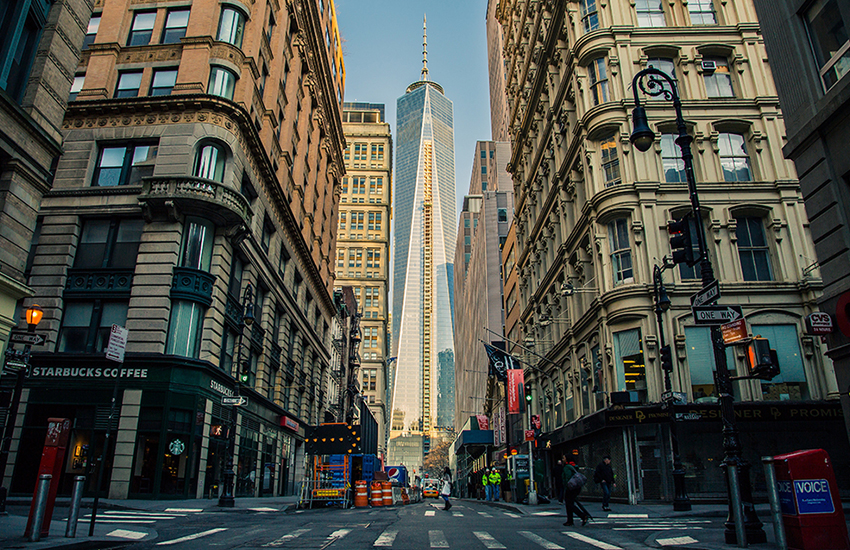SINGAPORE: Drones will be deployed at six reservoirs from the end of May, to monitor water quality as well as activities such as illegal fishing, the national water agency PUB said on Thursday (May 27) in a news release.
This follows successful trials that were conducted with ST engineering last year at the reservoirs.
Advertisement
Advertisement
The drones, which uses ST engineering’s operating system DroNET, will be deployed at MacRitchie Reservoir and Marina Reservoir first. They will be rolled out progressively to Serangoon, Kranji, Lower Seletar and Lower Peirce reservoirs later this year.
PUB said each reservoir will have one drone.
At MacRitchie and Marina reservoirs, the drones will be housed in an automated pod, capable of taking off and landing autonomously. They will embark on pre-programmed flight paths within the reservoir compound, and will be monitored remotely by an operator.
The drones are able to survey large areas of the reservoir and collect comprehensive data, and they are also specially programmed to observe water quality, said PUB in its release.
Advertisement
Advertisement
Equipped with remote sensing systems and a camera for near real-time video analytics, the drones can analyse the water for turbidity and algae concentration. PUB officers will be able to monitor the statistical data and live-video feed from the drone via an online dashboard.
If necessary, PUB said officers will be deployed on-site to collect water samples for further laboratory analysis.
The drones are also able to identify aquatic plants in the reservoir. If it detects anything unusual, such as plant overgrowth, officers will be alerted.
Besides this, the drones are also programmed to detect activities such as illegal fishing at reservoirs or overcrowding of vessels in a particular area. When such activities are spotted, they can send “near real-time” alerts to a dedicated Telegram channel that officers can access via their mobile phones.
Advertisement
Officers will then be able to prioritise urgent cases that pose potential danger to public and respond in a timely manner, said PUB.
Currently, these tasks are mostly conducted by PUB officers during daily patrols, chalking up a total of 7,200 hours annually.
Tapping on the unmanned drones could help to reduce this by around 70 per cent, with PUB expecting savings of about 5,000 man-hours.
With the drones, we can channel manpower to more critical works such as the inspection and maintenance of reservoir gates, as well as pump and valve operations,” said Mr Yeo Keng Soon, director of PUBs catchment and waterways department.
“The drones also act as an early warning system that enhances our response time to the myriad of issues that our officers grapple with on a daily basis.”

